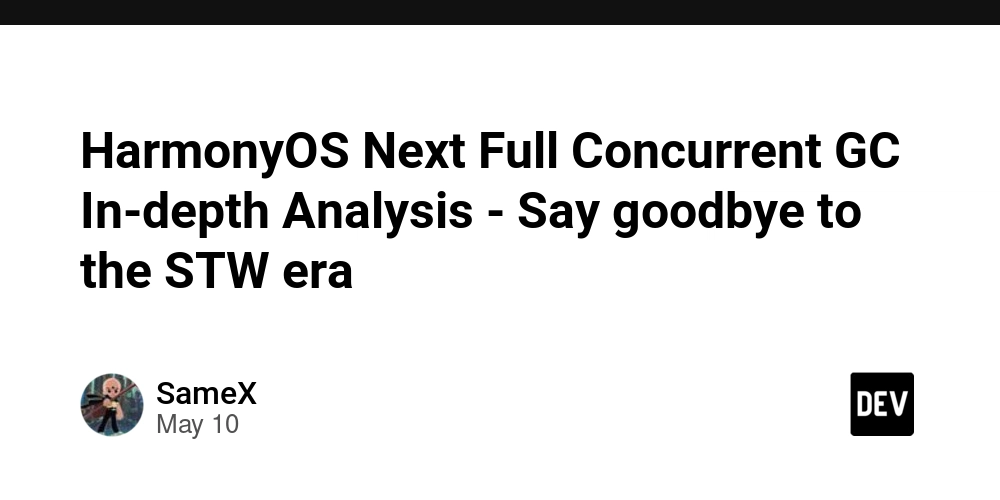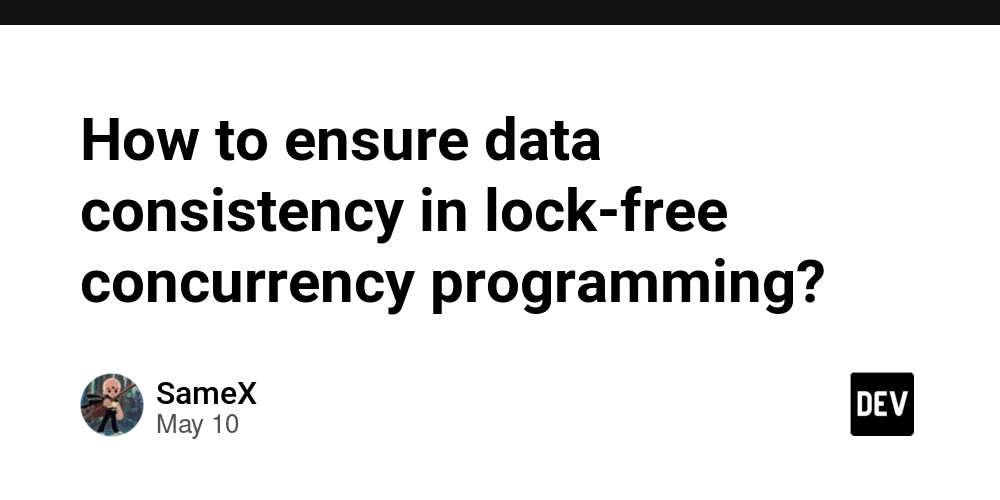An AI tool has become so useful to junior lawyers at PwC that ‘there’d be a riot’ if the firm took it away, says partner
If AI handles the tedious work, it can free up younger attorneys to gain the kind of experience that leads to promotions.

- Harvey, an AI tool for lawyers, has become indispensable in the eyes of the PwC’s junior attorneys, says a partner, allowing them to do more qualitative and less tedious work. Such tools have the potential to accelerate careers in professional services.
Amid fears of AI stealing jobs, there is also enthusiasm about the technology reducing drudgery in many roles—especially among workers early in their careers. If AI can handle routine tasks, the reasoning goes, that might free up young professionals to gain the kind of real-world experience that leads to promotions.
Consider junior lawyers: AI tools could do much of the tedious work that keeps them tied up, such as searching through databases of statutes, regulations, and case law to find precedents or legal rules.
When consulting firm PwC—which employs thousands of lawyers to provide clients with legal services—provided an AI tool called Harvey to staff, it expected an enthusiastic response from senior lawyers. But in particular it was the junior staff who were “really excited about it,” said Bivek Sharma, partner and chief AI officer at PwC UK, at Fortune’s Brainstorm AI event in London on Tuesday.
“They don't want to sit there going through legislation manually trying to piece things together… They can have a tool to kind of get them 60% to 70% of the way there, then they can do more qualitative work,” he said.
Harvey uses large language models to help legal teams analyze contracts, draft documents, and streamline research. It’s been so well received at PwC, Sharma said, that “if we took Harvey away from our staff, there'd be a riot.”
That kind of enthusiasm helps explain why the San Francisco startup behind Harvey, which goes by the same name as the tool, already has a valuation of $3 billion after being founded in 2022. Its latest funding round, led by Sequoia, brought in $300 million, and the company is on track to surpass $100 million in annual recurring revenue later this year, CEO Winston Weinberg told Fortune in February.
Weinberg, who also spoke at Brainstorm AI, believes tools like Harvey can fix an apprentice system that’s long been broken in law firms and other professional services.
“Early on in professional services,” he said, “you would literally just sit at a partner's desk, as a new associate, and they would take you to all the client meetings. You would learn everything through that.”
But over the decades, as legal work became more complex, he said, junior associates spent less time learning from real-world experience and more time holed away doing research. The apprenticeship model “kind of broke down,” Weinberg said.
With AI tools handling more of the tedious work, he said, a senior partner becomes more likely to tell a junior associate, “I’m going to take you to this board meeting, and there's this incredibly important decision being made. You're going to see how the C-suite thinks about…how they're going to structure this deal for tax considerations.”
Whereas such experiences might otherwise come 10 years into one’s career, he said, it could now come much sooner, allowing associates to “really enjoy their jobs more.”
PwC's Sharma acknowledged there’s some nervousness about what AI tools like Harvey mean for employee’s roles, “but on the whole,” he said, “people want this technology.”
This story was originally featured on Fortune.com
















































































